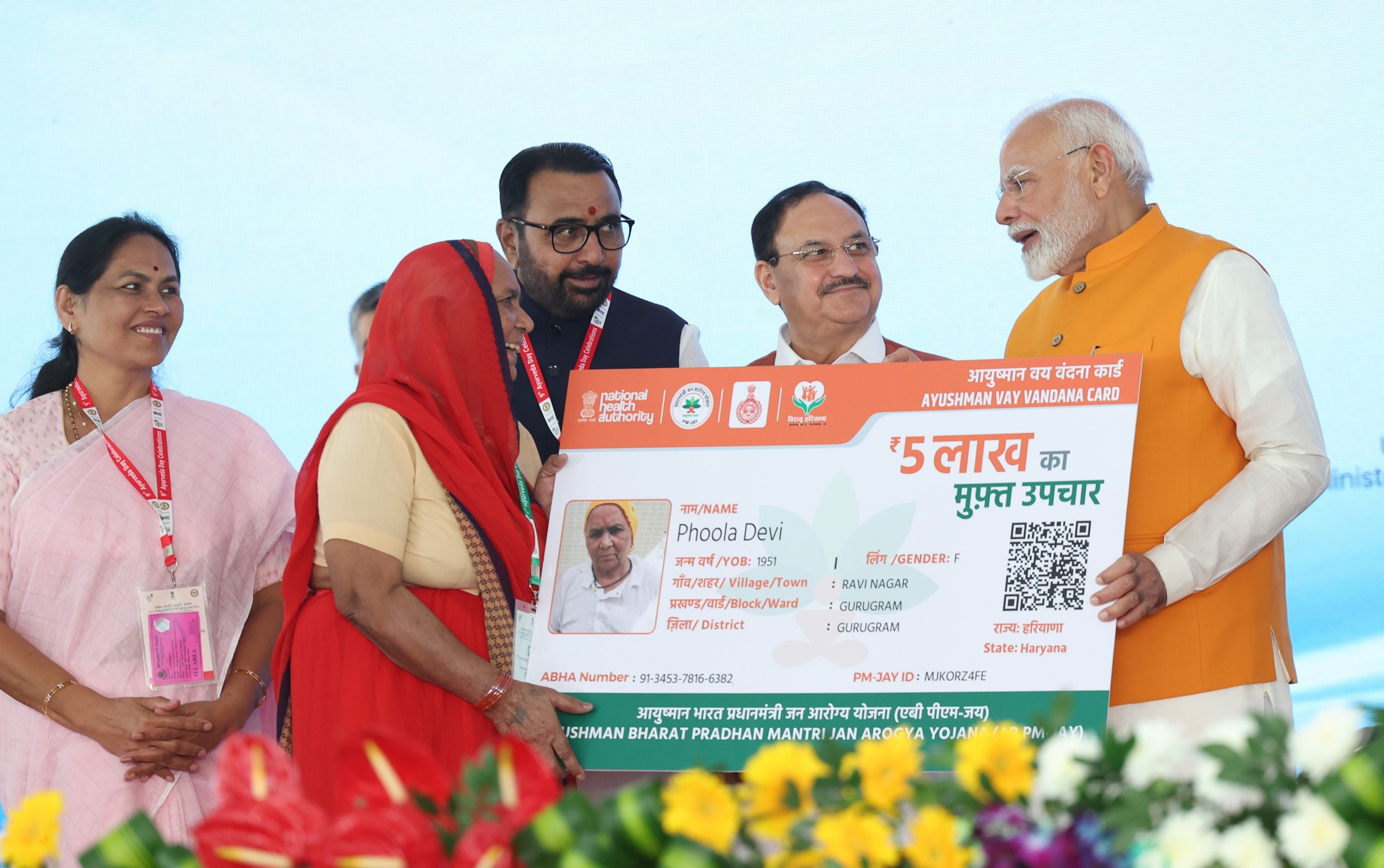With the onset of monsoon rains in various parts of India, there has been a noticeable rise in dengue fever cases. This mosquito-borne disease sees a seasonal surge as humidity levels increase.
Dengue fever, which typically lasts 8 to 10 days, is caused by any of the four types of dengue viruses transmitted through mosquito bites. Common symptoms include high fever, headache, body aches, nausea, and rash. In severe cases, it can lead to belly pain, vomiting, bleeding from the nose or gums, and extreme fatigue.
Stagnant water combined with warm temperatures creates an ideal breeding ground for mosquitoes, particularly the Aedes aegypti species, which is responsible for spreading the dengue virus.
Here are some crucial precautions to protect yourself and your loved ones from dengue fever during the monsoon season:
– Eliminate Stagnant Water
Ensure that water does not accumulate in containers such as flower pots, buckets, or discarded tires.
– Clean Water Storage
Regularly clean and cover water storage tanks and containers to prevent mosquito breeding.
– Check Outdoor Areas
Pay attention to outdoor areas where water can gather, such as gutters, drains, and plant saucers.
– Use Mosquito Repellents
Apply mosquito repellents on exposed skin and clothing. Opt for repellents containing DEET, picaridin, or oil of lemon eucalyptus. Wear long-sleeved shirts, long pants, socks, and shoes, especially during peak mosquito activity times (early morning and late afternoon).
– Install Protective Measures
Sleep under mosquito nets, particularly in areas with high mosquito activity. Ensure that windows and doors are fitted with screens to keep mosquitoes out of your home.
– Maintain Clean Surroundings
Keep your home and community environment clean to reduce mosquito breeding sites. Properly dispose of garbage and avoid littering, which can create potential breeding sites.
– Stay Informed and Vigilant
Be aware of dengue fever symptoms, including high fever, severe headache, pain behind the eyes, joint and muscle pain, rash, and mild bleeding. Seek medical attention promptly if you experience any of these symptoms.
Participate in community efforts to control mosquito populations and raise awareness about dengue prevention. Taking these precautions can significantly reduce the risk of contracting dengue fever and help protect your community during the monsoon season.















